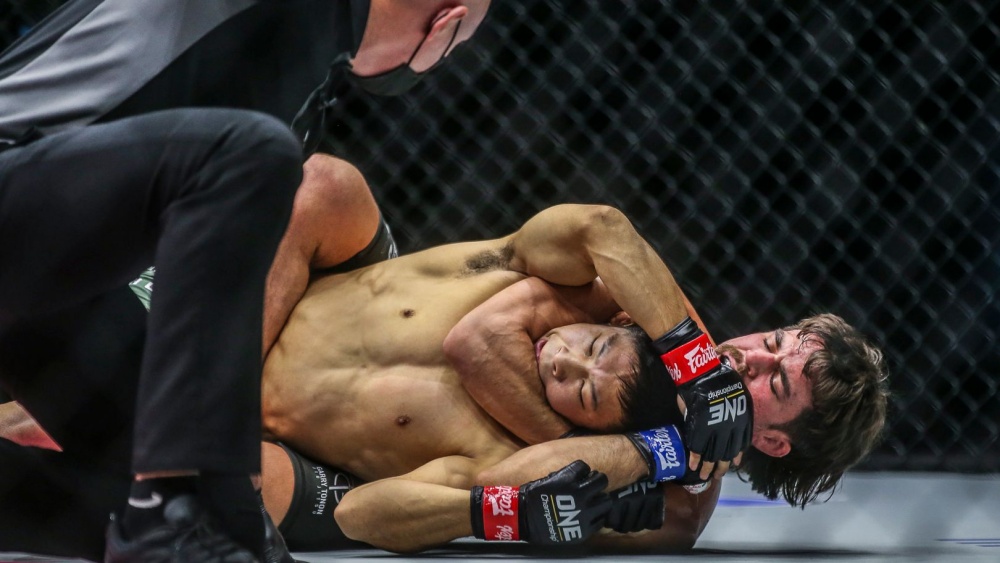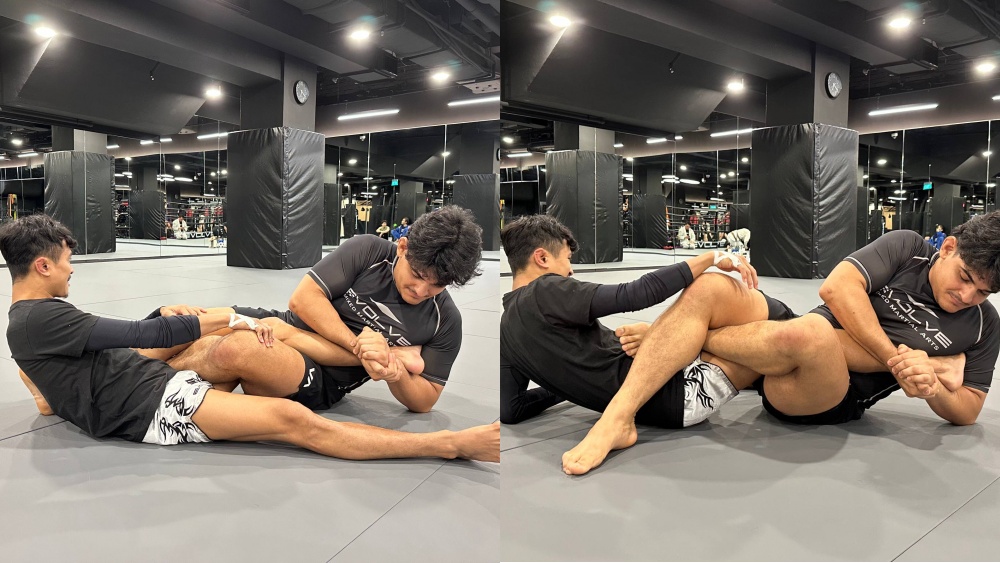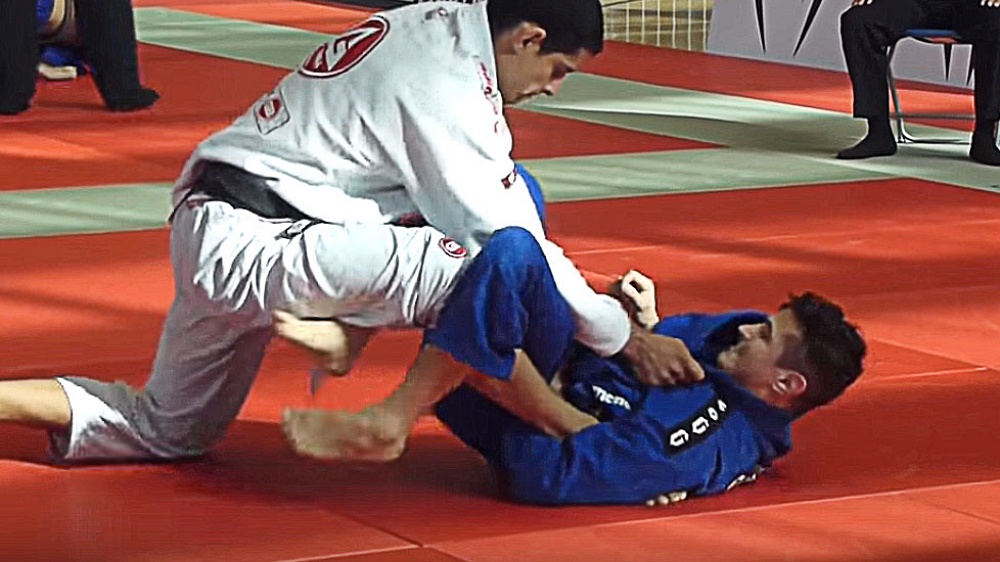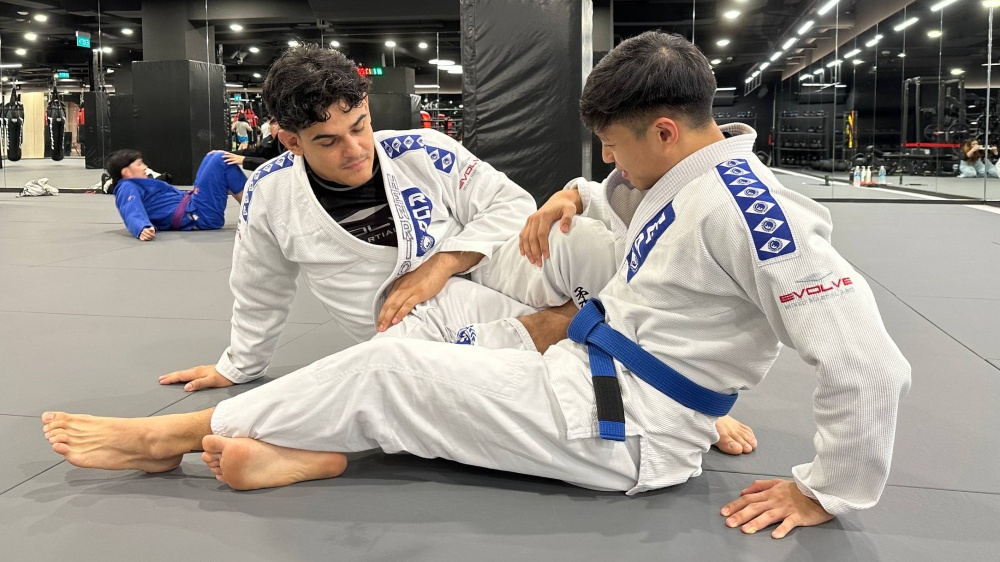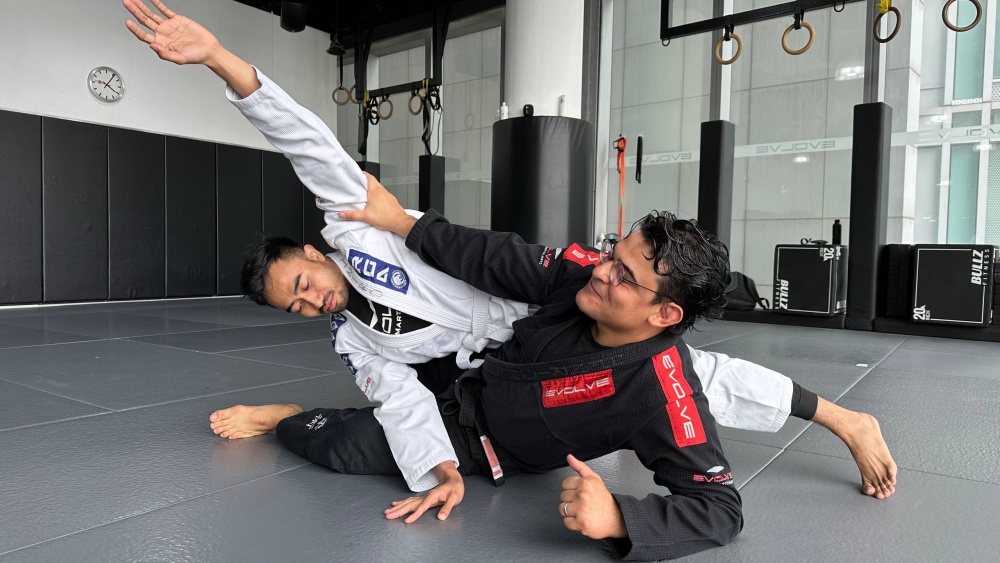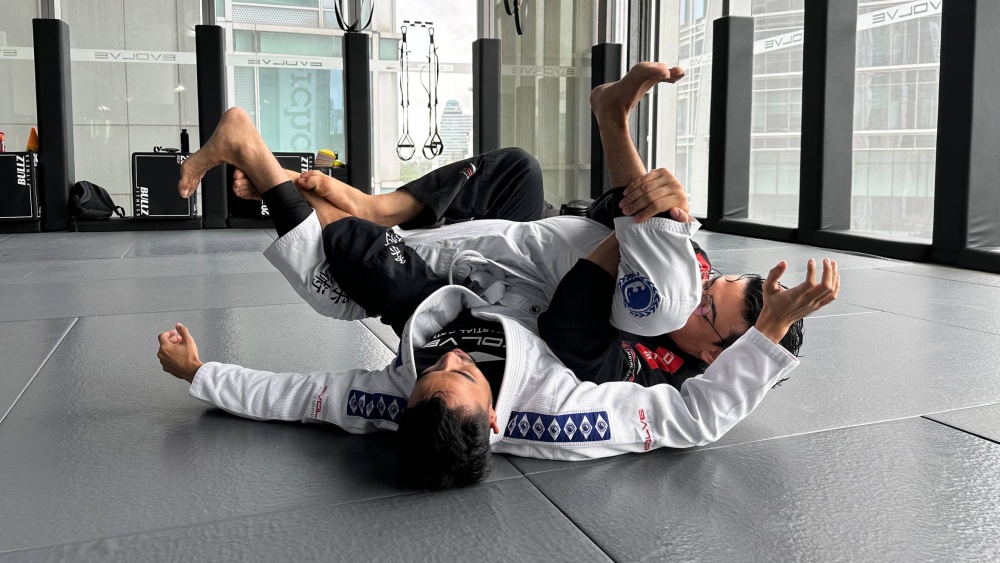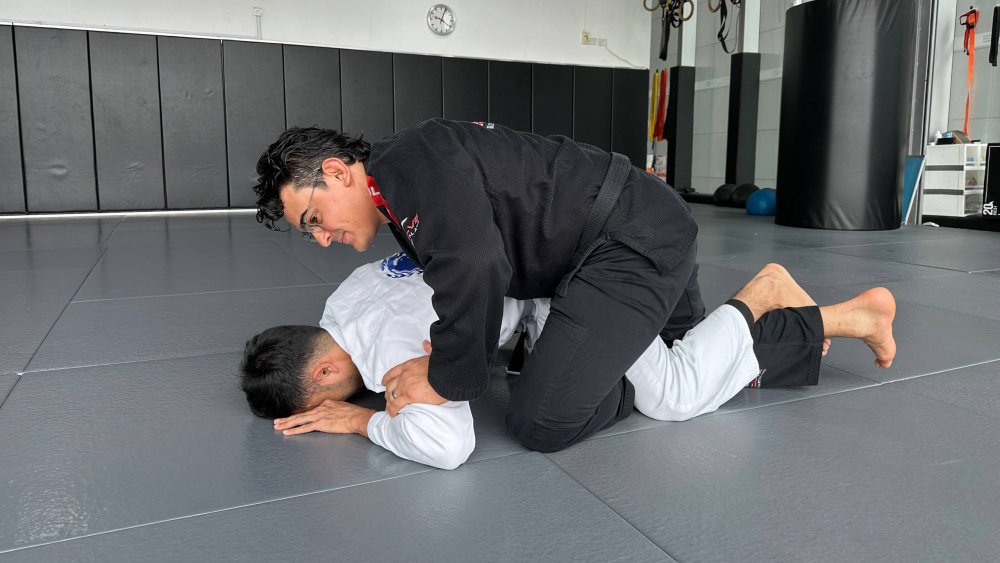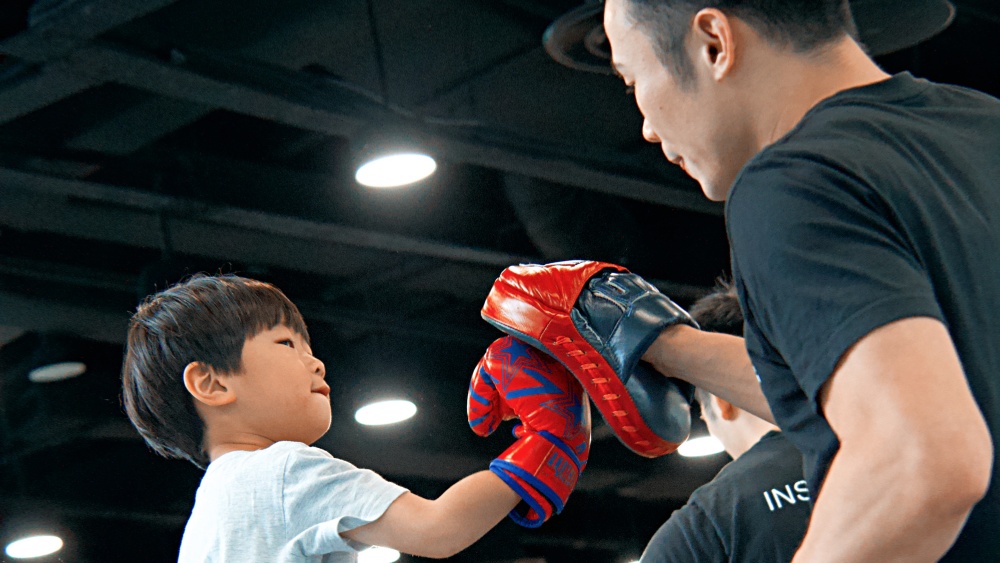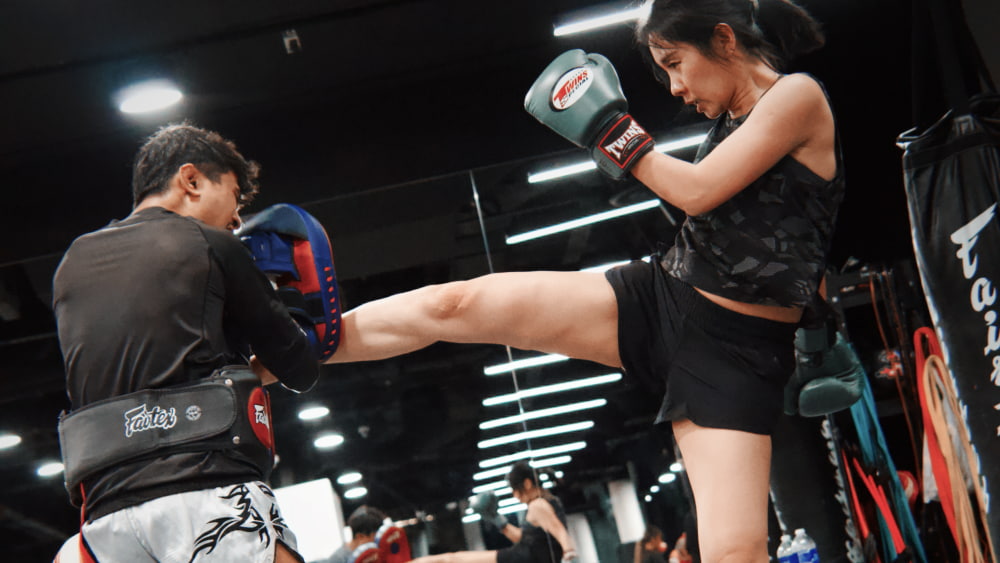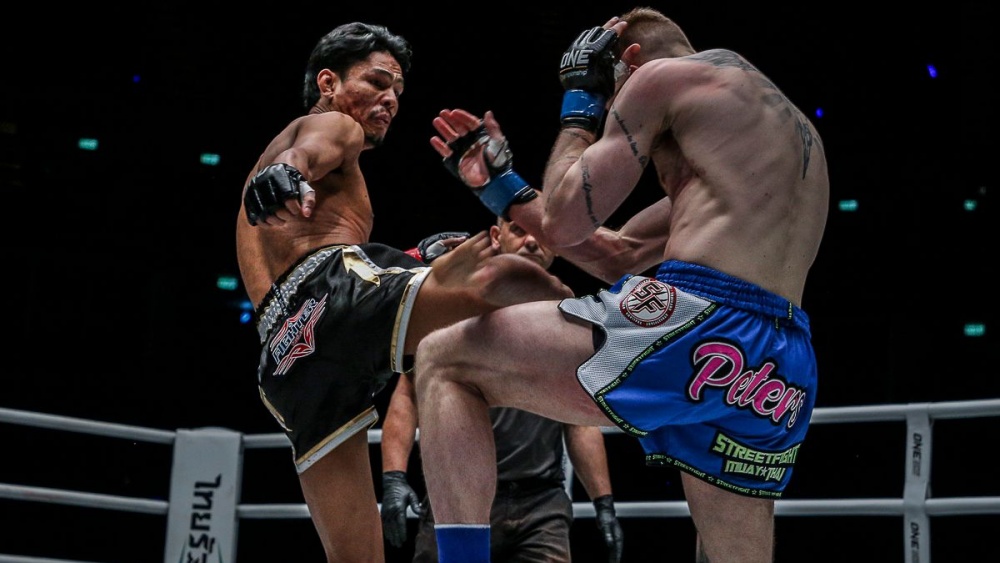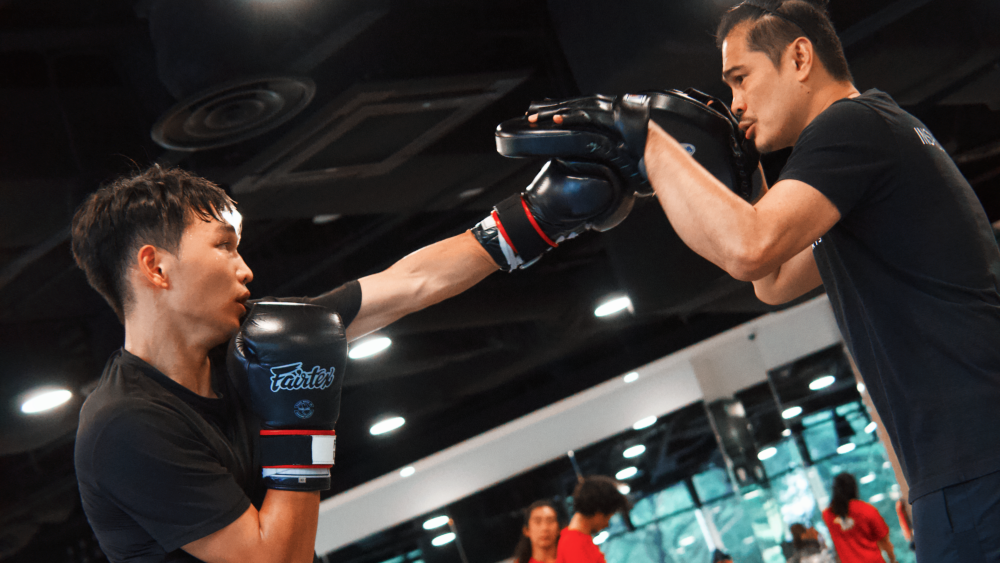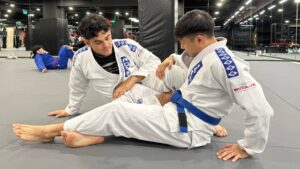The rear naked choke is one of BJJ’s signature techniques. It requires little strength to apply, and is effective on opponents of all sizes, making it a great submission for smaller grapplers.
As is the case with all effective submissions, the rear naked choke creates an anatomical mismatch. Specifically, it pits one person’s arms against another person’s neck. However, as opposed to other parts of the body, the neck is uniquely vulnerable to attack. An opponent can, for example, resist an armbar attempt by gripping his hands together and using strength to fight the attack. A rear naked choke, however, offers no such options. Once a rear naked choke is fully locked in, there is virtually no way to defend it.
In addition to the rear naked choke’s unique anatomical characteristics, its effectiveness stems from the position from which it is applied. Specifically, the rear naked choke is applied from the back mount, which is widely considered the strongest position in BJJ due to the advantages it confers upon the person who attains it. The primary advantage of the back mount is that the person trapped in this position can’t see his or her opponent. This allows the person who attains the position to launch attacks with little fear of retribution.
These factors make the rear naked choke an ideal competition, self-defense, and MMA technique. Below are some tips and tricks to help you perfect your rear naked choke.
Take The Back
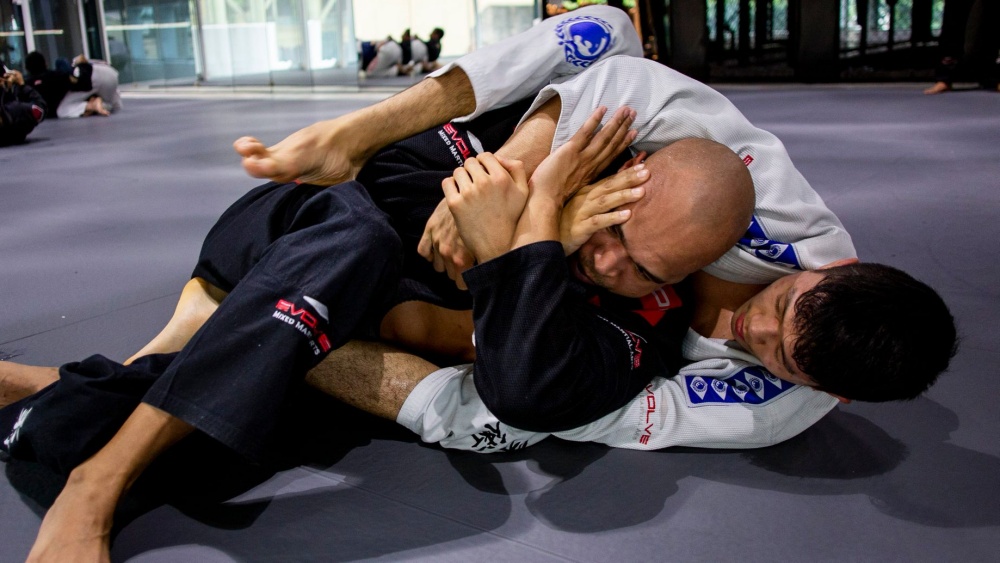
There are several ways to take an opponent’s back. And although the purpose of this article is not to provide step-by-step instructions on attainting the back mount, it is important to understand how this position relates to the rear naked choke. Below are a few demonstrations of how to take the back.
Taking The Back From Closed Guard
In this clip, BJJ legend Roger Gracie demonstrates how to take the back from closed guard by crawling around an opponent’s body:
No-Gi Back Take
In this clip, the legendary Marcelo Garcia demonstrates how to execute an arm drag to take the back. The arm drag was a favorite technique of Garcia’s during his legendary career as one of BJJ’s top competitors.
Maintaining Back Control
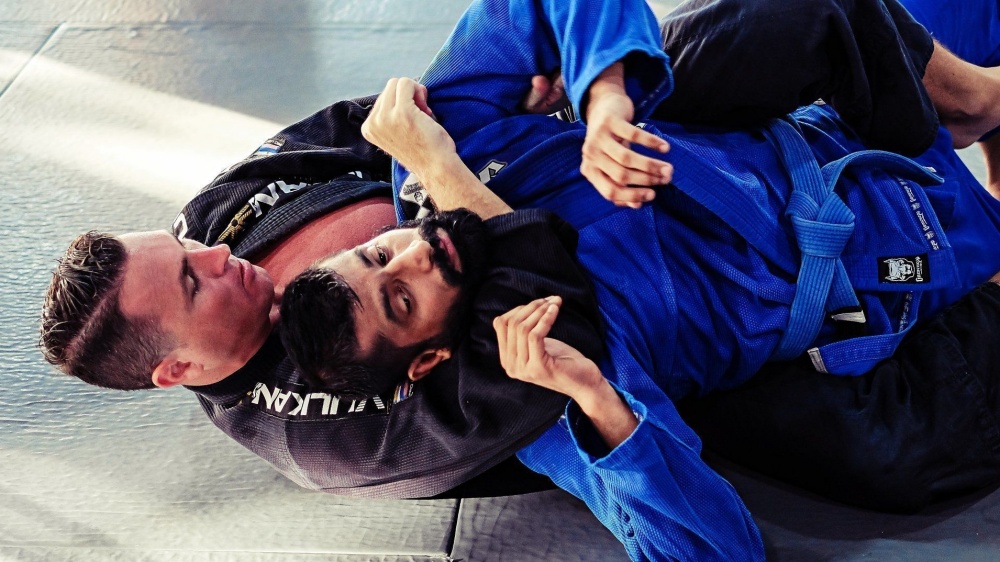
A popular saying in BJJ is “position before submission.” This means that one must obtain a good position on an opponent before applying a submission. In order to maintain a good position, it is necessary to control one’s opponent. As we discussed above, the rear naked choke is performed from the back mount. Therefore, to successfully apply a rear naked choke, it is necessary to obtain and maintain the back mount. And maintaining the back mount requires control.
Control from the back mount is obtained by using the arms and legs. The arms are used to establish a seatbelt grip (one arm over the opponent’s shoulder and one arm under the opponent’s opposite armpit) around the opponent’s torso, and the legs are used to control the opponent’s hips and lower body. This combination makes it extremely difficult for an opponent to escape the back mount. To maintain control of an opponent after obtaining the back mount, do the following:
- Control the upper body: After obtaining the back mount, control the opponent’s upper body by gripping and squeezing.
- Control the lower body: To maintain control of the opponent’s lower body, press your calves against the front of the opponent’s thighs with your heels pressed into his or her legs.
- Choose a side to attack: After establishing upper and lower body control, fall to the side of your choking arm.
Apply The Choke
After obtaining the back mount and establishing good control of the position, the rear naked choke can be applied. In order to perform a rear naked choke, follow these steps:
- From the back mount, use your top hand to grip your opponent’s opposite shoulder. This arm should pass under your opponent’s neck.
- Pull your bottom arm out from under your opponent’s armpit, clasping your hands together. Your non-choking arm can be placed against your opponent’s back for additional control.
- At this point, your opponent will likely attempt to remove the choking arm. When this happens, unclasp your hands and reestablish the grip on your opponent’s shoulder. Simultaneously, shoot your opposite hand forward to remove your opponent’s hand from your choking arm. This will limit his or her ability to block the choke. This motion should be performed rapidly, as it is intended to catch your opponent off guard and thwart his ability to defend himself or herself from the choke.
- After removing your opponent’s defending hand, reestablish a palm-to-palm grip. At this point, there should be very little space around your opponent’s neck, and his hand should be removed from your forearm. This lack of space should make it extremely difficult for your opponent to reestablish a grip on your forearm.
- To apply the choke, position your non-choking hand behind your opponent’s neck and lock it into place. While performing this movement, place your left hand on your right bicep. Once you establish this position, squeeze your arms together while leaning slightly forward to create additional pressure. Your focus at this point should be on creating pressure from every direction. To make the choke even more powerful, you may stretch your opponent’s body out by extending your legs and arching your back. This, in addition to the pressure created by your arms, creates extraordinary pressure around your opponent’s neck.
Conclusion
Remember, if you want to develop an effective rear naked choke, you must first learn how to establish and maintain the back mount. In addition, to successfully apply the choke, you must be prepared to address your opponent’s attempts at defending the choke. If you follow the advice above, you will be well on your way to developing a rock-solid rear naked choke.
If you enjoyed this article, you may also like:
